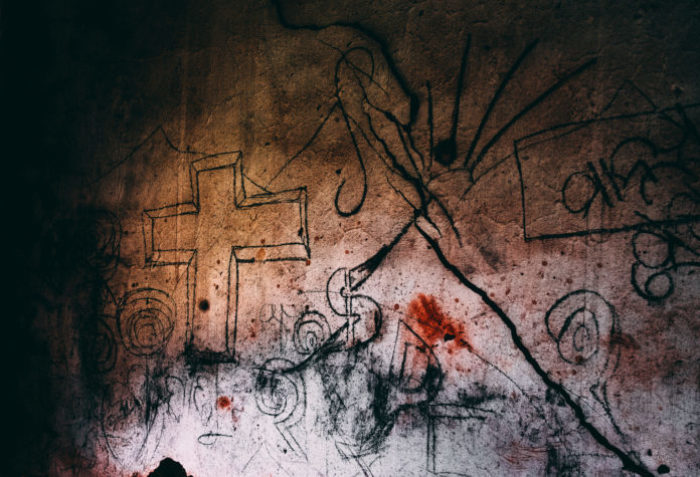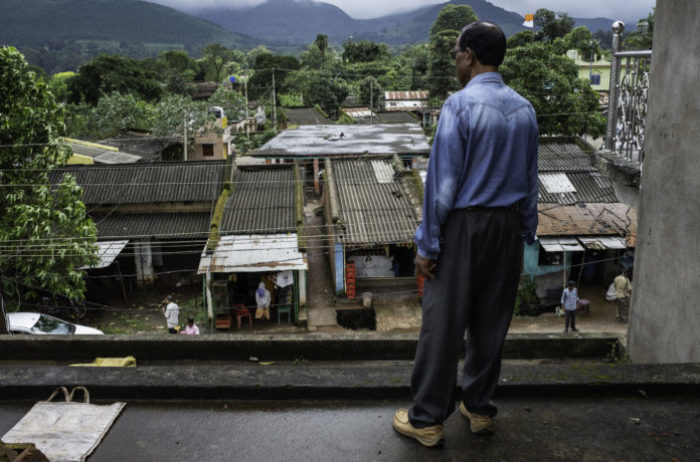India: 10 years after riots, innocent Christians still suffer, wait for justice
A Christian’s search for work in India: An uphill battle
The bumpy drive from Bhubaneswar, the biggest city in Odisha, to the state’s remote outskirts offers a blend of sprawling, open countryside and bustling, packed villages. Stray cows, goats, hogs, monkeys, and dogs double as roadway obstacles between the many shops and storefronts that line the streets. The owners of these shops are all Hindus. Due to the state’s caste system, which subjects Christians to the bottom of the ladder, all Christians are poor. The most common source of income for Christians in tribal regions comes from the land. From water pumps to chairs, anything that offers some comfort and convenience to these believers comes from foreign aid or Christian NGO’s.

To the north in Kashmir, a group of Muslim background believers, known as MBB’s, search for opportunity but receive nothing but neglect, much like their brothers and sisters to the south. The sphere of persecution may look slightly different depending on location, but its impetus remains an evil core. Locals in Kashmir say that the unemployment rate there is 65 percent in this nearly 100 percent Islamic state. It is likely that the only Christians that are not in that 65 percent are those who dress and look Muslim, but have not publicly announced their conversion.
One of those MBB’s came with his family to talk to us at a private location. I asked him about his church, his friends who he worshiped with, the ministries he was involved in. Due to the laws in his state, there was no church for him to go to, and so there were no active ministries to be involved in. Many of his friends, his closest brothers in Christ, were no longer around. Their days on Earth were numbered shortly after going public with their faith.
Arif, the auto driver, looks at his sideview mirror, and sees the reflection of an anti-Christian billboard he just drove past. Just down the street, a man named Achmed waits on the sidewalk to meet his family. His calloused hands reflect the work he does as a day laborer. On the outside, his white cap, beard, and outfit could group him with other followers of Islam. On the inside, he has a heart for Jesus. Before that heart came to the Lord, it was volunteering time to help at a disaster relief project following an earthquake in 2005. It was there that Achmed met Pastor Aaron, the Kashmiri Christian leader that fills the immense gap of believers in the state of Kashmir and Jammu.
Several years later, Achmed’s son became very ill, so he reached out to Pastor Aaron. He told Aaron that his son’s condition continued to get worse, no matter how he prayed at his mosque.
“Start reading the word of God because it is alive and you will grow in faith,” Aaron told him. “As you pray over your son, if you believe, God will do miracles over your son.”
His story, much like many converted Christians in the area, all started with a prayer. At this crossroads in his life, when he needed deliverance the most, he turned to God. And in the name of Jesus Christ he would pray, with full faith, and those prayers would be answered in his favor.
After nearly four painful years of illness, his son was healed. He and his wife agreed to convert to Christianity. He says he received peace from The Lord, and a death warrant from local nationalists who suspected his conversion. According to local testimonies of several Muslim background believers, those who are discovered to be Christian have three days to convert to Islam. Per Islamic Law, those who don’t abandon Christianity are often killed. By God’s grace, Achmed is still alive today. The man who brought these believers and several others in Kashmir to the Lord is the same Pastor Aaron who worked at that earthquake relief site in 2005. Aaron had been bringing Kashmiris to Jesus through community engagement for 15 years before their meeting, something he still does to this day.
Serving in the light of persecution: A bold man’s cry to endure for his community
“When I came in 1990, my passion and vision and goal was to raise Kashmiri leaders in Kashmir,” said Aaron.

He knew he could mentor them and teach them to disciple others. In 2003, Aaron gathered 27 people to participate in what he described as a “peace process.” He also describes this as the first time he experienced persecution in Kashmir. Local police and military surrounded his house following an anonymous call that claimed that Aaron was baptizing people there. Aaron denied that there was any
conversion going on and the police left, though they kept their sights on him
from a distance.
Just three years later, Aaron’s plans to start a school were halted when local police and military intervened again. They saw his plan to bring Kashmiri’s to the Lord and left him with this ultimatum: close the school and run away, or you’ll die.
“We are from this place, we have to stay here,” Aaron boldly proclaimed. “We have to work for the Lord here, and we have to win souls for Christ here!”
The death warrant he received is called a fatwa, which is administered by a qualified jurist, according to Islamic Law. In his boldness, he stayed.
In 2014, a massive flood destroyed and washed away everything he owned. The flood waters eventually drained but that was nowhere near the end of the storm.
In 2015, Aaron was conducting a worship gathering when a mob stormed the building, once again accusing him of bringing Kashmiris to Christ. His noble acts landed him eight blames, or accusations, all of which were false. One of the “crimes” was providing jobs to young boys and girls. He spent 11 days in jail before
being released on maximum bail. The final hearing for his case was in 2017.
Miracles for Christians in the Indian legal system seldom occur. However, this time, no one came to testify against him. In fact, the man who originally put him in jail testified that Aaron was innocent of all eight charges leveled against him.
The reality is the violent culture in this state is not leaving. Those who are here to help others are being imprisoned for it. Innocent lives are being taken, many of them children; this is all done in their culture for the sake of Islam.




























